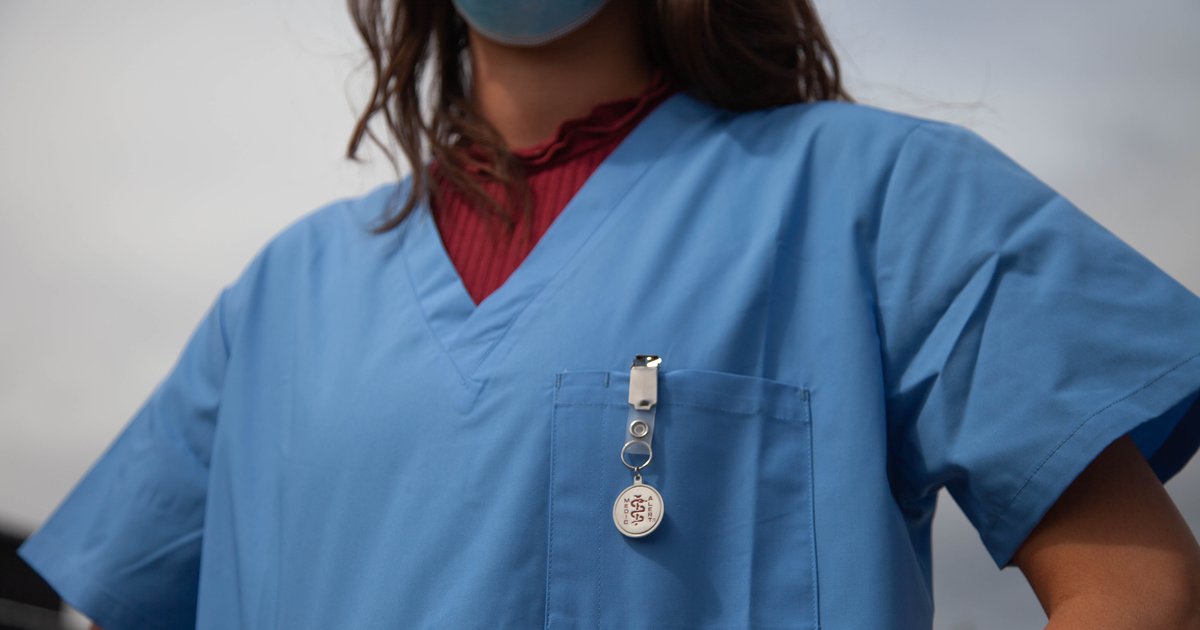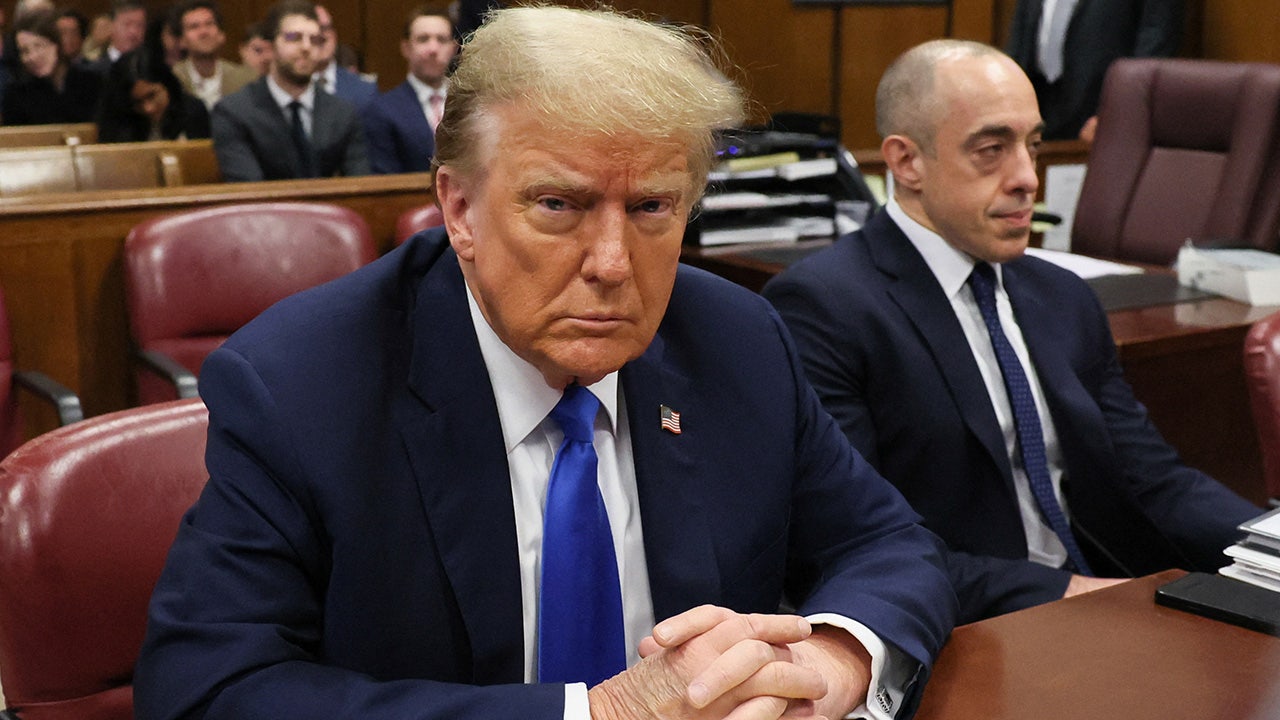Pennsylvania
To reduce hospital staffing shortages, Pennsylvania to allow out-of-state nurses to practice

Nurses with multi-state licenses issued by 40 states will be able to practice in Pennsylvania this fall as part of an effort to address an ongoing workforce shortage, the Department of State said Tuesday.
Beginning Sept. 5, registered nurses and licensed-practical nurses from states that are part of the Nurse Licensure Compact will be able to work in Pennsylvania without needing to obtain a Pennsylvania license. The NLC allows RNs and LPNs licensed in one compact state to work in the others.
Previously, all nurses needed to obtain a license from the state’s Board of Nursing to practice in Pennsylvania. That process can take several months, has left nurses exhausted and contributes to hospital staffing shortages.
New Jersey, Delaware, Maryland, Ohio and West Virginia are NLC members.
Though nurses from other NLC states can begin practicing in Pennsylvania early next month, nurses from Pennsylvania will not immediately be able to work in other states. Before the Board of Nursing can begin issuing multi-state licenses to Pennsylvania nurses, it must certify that it has performed FBI criminal background checks on its applicants, a process that requires FBI authorization. There is no timeline for when that will be completed.
“The Shapiro administration is committed to ensuring that Pennsylvanians can receive top-notch care from licensed, qualified health care professionals,” Secretary of the Commonwealth Al Schmidt said. “By implementing this first phase of Pennsylvania’s engagement in the NLC, we are expanding opportunities for patients and providing hospitals with access to an approved, vetted group of licensed RNs and LPNs.”
Pennsylvania has been working to become an active NLC member since July 2021, when Gov. Tom Wolf signed legislation allowing the state to join the compact.
But the law lacked language that the U.S. Department of Justice and the FBI needed to conduct and submit criminal background checks, which has stalled its execution, the Morning Call reported. The delay led to frustration among out-of-state nurses that came to Pennsylvania without realizing they still needed to apply for state certification.
By joining the NLC, Pennsylvania seeks to increase the number of nurses working in the state, thereby improving health care.
A 2022 survey from the Hospital and Healthsystem Association of Pennsylvania found that 30% of registered nurse positions in direct care went unfilled, a 10% increase from 2019. Another report by the same organization found Pennsylvania could have a shortfall of 20,000 nurses by 2026.
This shortage has persisted since the COVID-19 pandemic, despite Pennsylvania having one of the largest concentrations of registered nurses in the country. Pennsylvania has about 100 nursing schools that graduate about 9,000 nurses per year.
A survey conducted earlier this year by AMN Healthcare Services, Inc. found that nearly one-third of nurses are considering leaving the profession in the aftermath of the COVID-19 pandemic. The bulk of the 18,000 nurses surveyed said they were seeking increased salaries or better working conditions to help manage their stress.
“It’s critically important that we do everything we can to alleviate the hospital staffing crisis that is driving RNs from the bedside and imperiling patient care in every corner of our state,” said Maureen May, president of the Pennsylvania Association of Staff Nurses and Allied Professionals. “By drawing more nurses to (Pennsylvania), the Nurse Licensure Compact will help ensure that, at this very critical time, our hospitals are amply staffed and that our nurses are able to give the care they want and have been trained to give.”
In the wake of the COVID-19 pandemic, Pennsylvania waived some licensing requirements for health care providers, including nurses. Retired physicians, nurses and pharmacists could reactivate their licenses through the end of 2020 at no cost. In late 2021, the Federal Emergency Management Agency sent strike teams to the Pennsylvania hospitals hit hardest by COVID-19 to ease the strain on overburdened facilities.
In June, the Pennsylvania House passed the Patient Safety Act, which specifies the number of patients that can be cared for by one nurse in different health care settings. If it’s passed by the Senate and signed into law by Shapiro, Pennsylvania would be among the first states to enact specific staffing-level requirements for nurses in hospitals.
Though some hospital leaders have opposed the bill, saying it will further exacerbate the nursing shortage, supporters like Linda Aiken, the director of the Center for Health Outcomes at the University of Pennsylvania, told the Inquirer that Pennsylvania’s participation in the NLC will address that issue by bringing more nurses to the state.

Pennsylvania
Chester County, Pennsylvania, families make memories on snow day:

Watch CBS News
Be the first to know
Get browser notifications for breaking news, live events, and exclusive reporting.
Pennsylvania
When will the snow end in Delaware, New Jersey, Pennsylvania? The timing varies

Snow began early Monday morning in Delaware and South Jersey before spreading into Philadelphia and areas to the north. Monday afternoon, the reverse will occur, with snow tapering off from north to south through Philadelphia.
Lingering snow in South Jersey, Delaware
The storm, however, will continue to bring accumulating snowfall to parts of Delaware and South Jersey, even as the heaviest and steadiest snow diminishes during the afternoon. Lingering snow showers are expected in these areas through the evening, finally ending early Tuesday morning.
As the storm moves out, cold and gusty winds will settle across the region Monday night, dropping temperatures into the teens. These winds may create areas of blowing snow, reducing visibility overnight.
High pressure will dominate for the rest of the week, but the cold will persist. Gusty winds on Tuesday, Wednesday, and Thursday will bring frigid conditions to the area.
The chilly temps below freezing also mean that any snow on the ground isn’t going anywhere anytime soon. So, watch out for slick spots on sidewalks and roads into Tuesday.
Pennsylvania
Live updates: Winter storm brings snow to Philly, NJ, Del. and Pa. suburbs

What to Know
- A major snowstorm is moving through South Jersey, Delaware, Philadelphia and the Pennsylvania suburbs overnight into Monday, Jan. 6, 2025.
- A winter storm warning went into effect through 1 a.m. Tuesday, Jan. 7, 2025, for some of South Jersey, Delaware and parts of Chester and Delaware counties, while a winter weather advisory for Philadelphia and the surrounding suburbs lasts through 10 p.m. on Monday.
- Parts of South Jersey and Delaware should see 5 to 8 inches of snow; Philadelphia and the surrounding Pennsylvania suburbs should see 3 to 5 inches of snow; Bucks and Mercer counties and the northern parts of Berks and Montgomery counties should get 1 to 3 inches; and the Lehigh Valley should see a coating to an inch.
The first major winter storm of 2025 is moving through South Jersey, Philadelphia, Delaware and the Pennsylvania suburbs.
Snow began to fall during the early morning hours of Monday, Jan. 6, 2025, in southern Delaware and New Jersey and will continue throughout much of the day.
A winter storm warning is in effect for parts of South Jersey and Delaware, while a winter weather advisory is in effect in Philadelphia and the surrounding suburbs through late Monday night.
Ahead of the storm, dozens of schools across Pennsylvania, New Jersey and Delaware — including Philadelphia public schools closed, while several snow emergencies were declared.
Follow along for live updates on the storm, including radar, snow totals, timeline, closures, photos, videos and the latest forecast.
-

 Health1 week ago
Health1 week agoNew Year life lessons from country star: 'Never forget where you came from'
-
/cdn.vox-cdn.com/uploads/chorus_asset/file/24982514/Quest_3_dock.jpg)
/cdn.vox-cdn.com/uploads/chorus_asset/file/24982514/Quest_3_dock.jpg) Technology1 week ago
Technology1 week agoMeta’s ‘software update issue’ has been breaking Quest headsets for weeks
-

 Business6 days ago
Business6 days agoThese are the top 7 issues facing the struggling restaurant industry in 2025
-

 Culture6 days ago
Culture6 days agoThe 25 worst losses in college football history, including Baylor’s 2024 entry at Colorado
-

 Sports5 days ago
Sports5 days agoThe top out-of-contract players available as free transfers: Kimmich, De Bruyne, Van Dijk…
-

 Politics4 days ago
Politics4 days agoNew Orleans attacker had 'remote detonator' for explosives in French Quarter, Biden says
-

 Politics4 days ago
Politics4 days agoCarter's judicial picks reshaped the federal bench across the country
-

 Politics2 days ago
Politics2 days agoWho Are the Recipients of the Presidential Medal of Freedom?


















